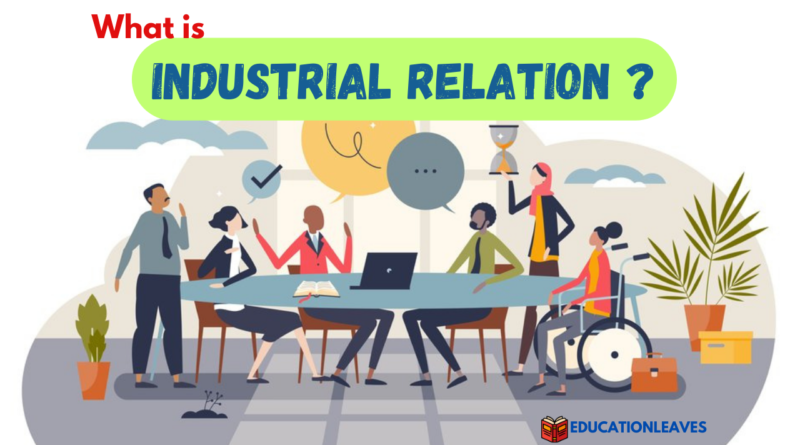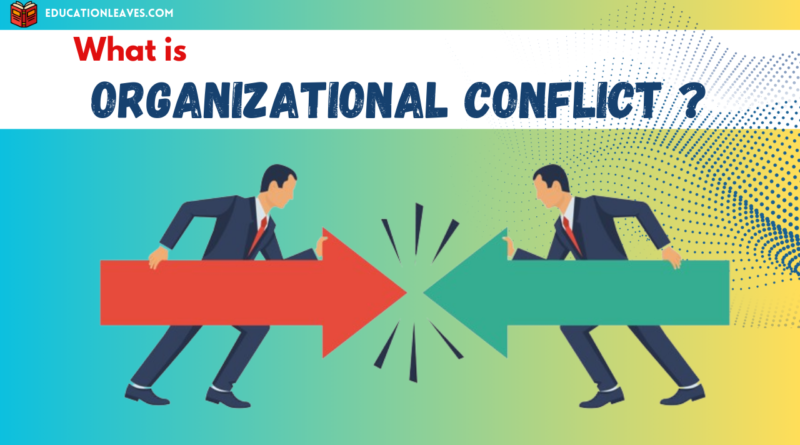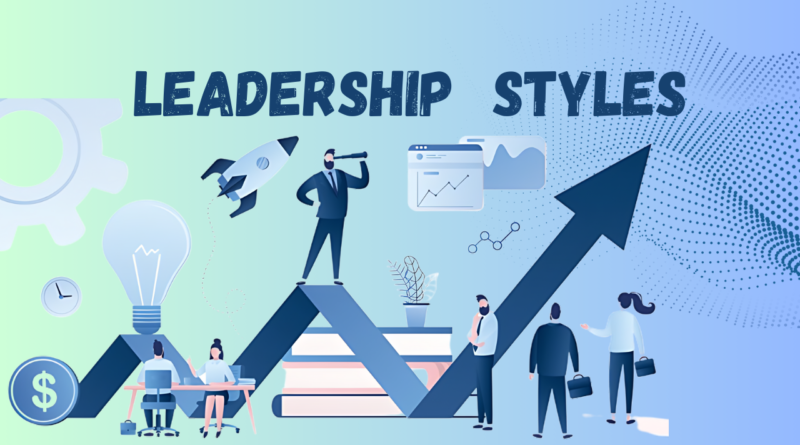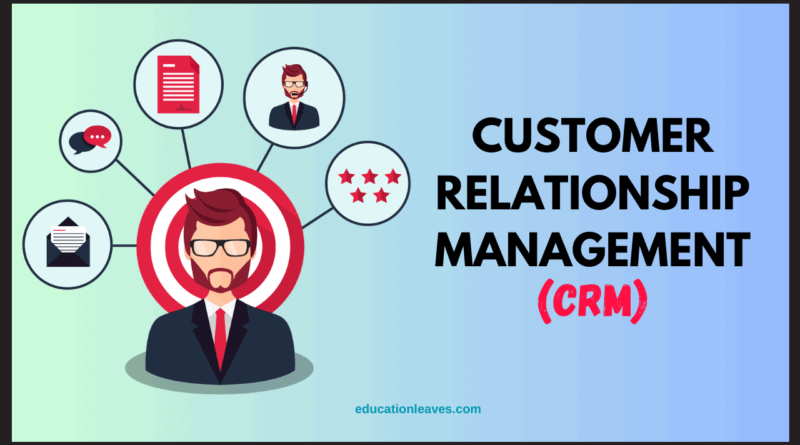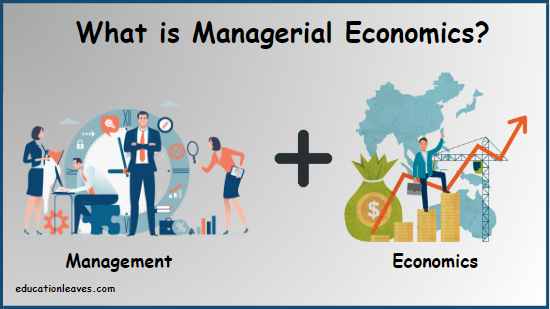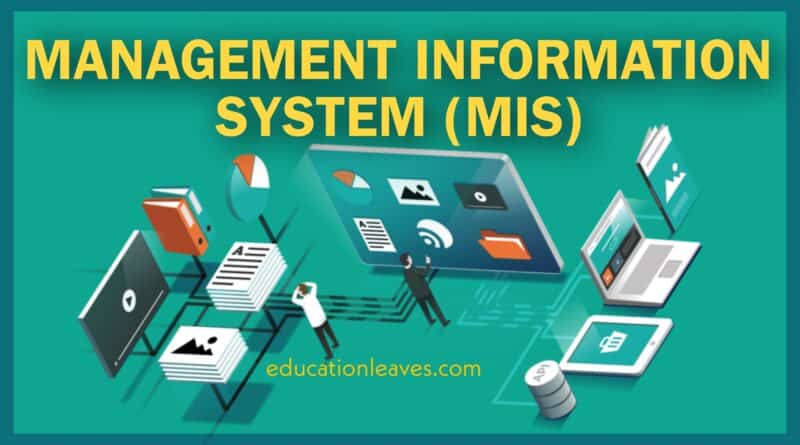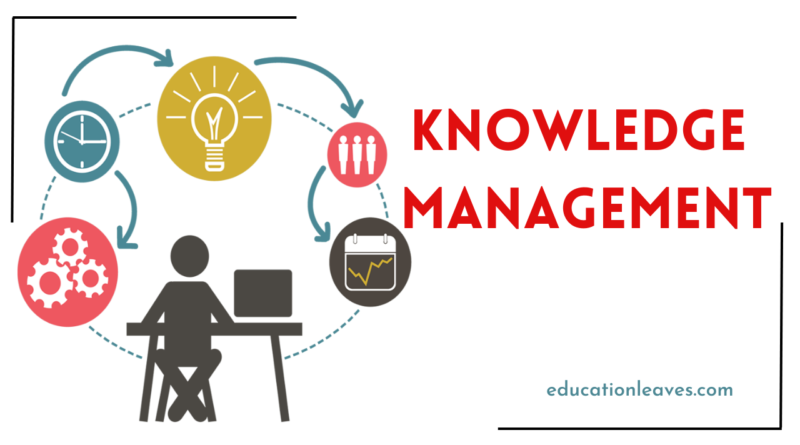Industrial Relations- Key Elements, Factors, Challenges, and Importance [PDF Inside]
At its core, industrial relations is about achieving a balance. It strives to create a workplace environment that fosters cooperation and productivity, while ensuring the fair treatment and well-being of employees.
Read More
